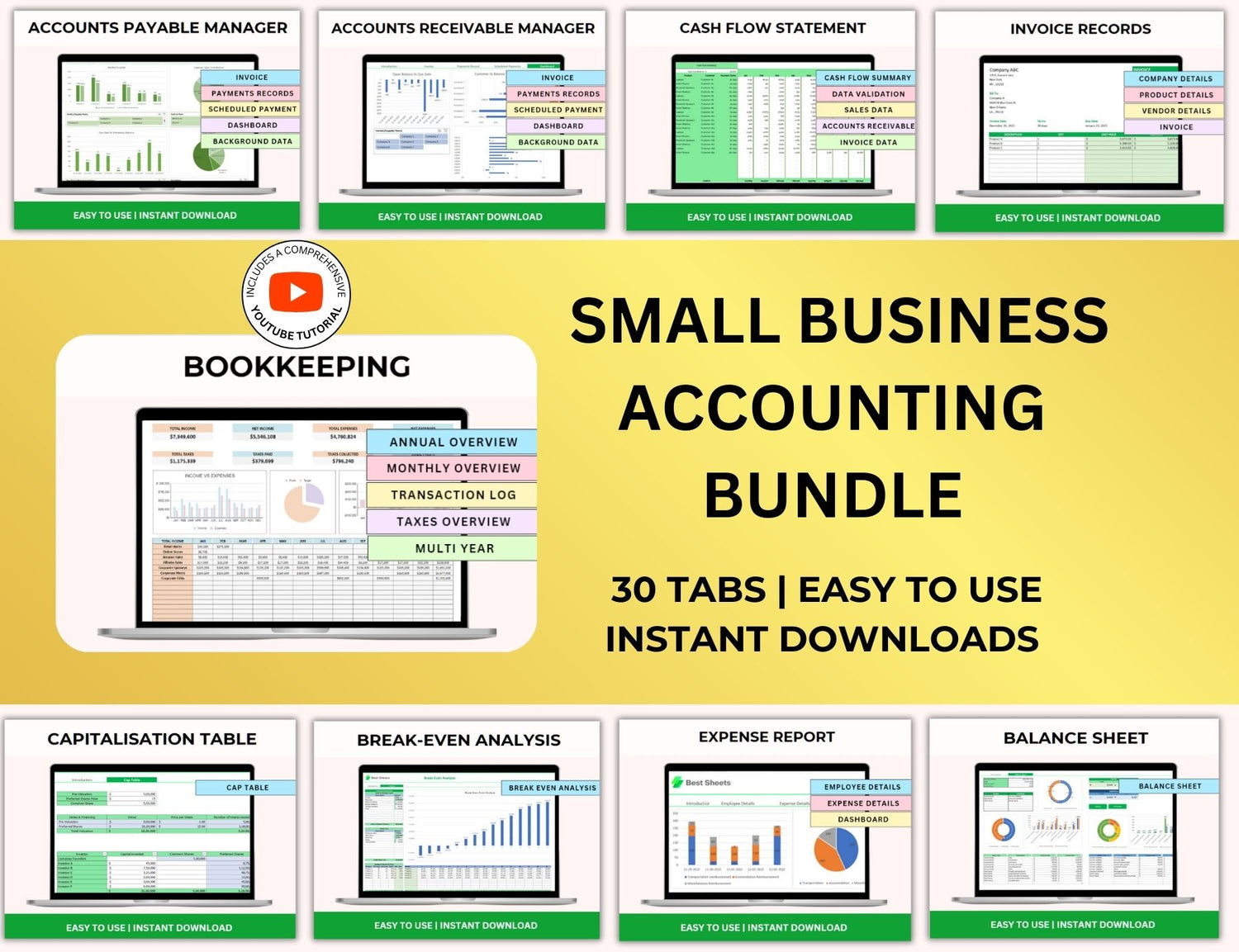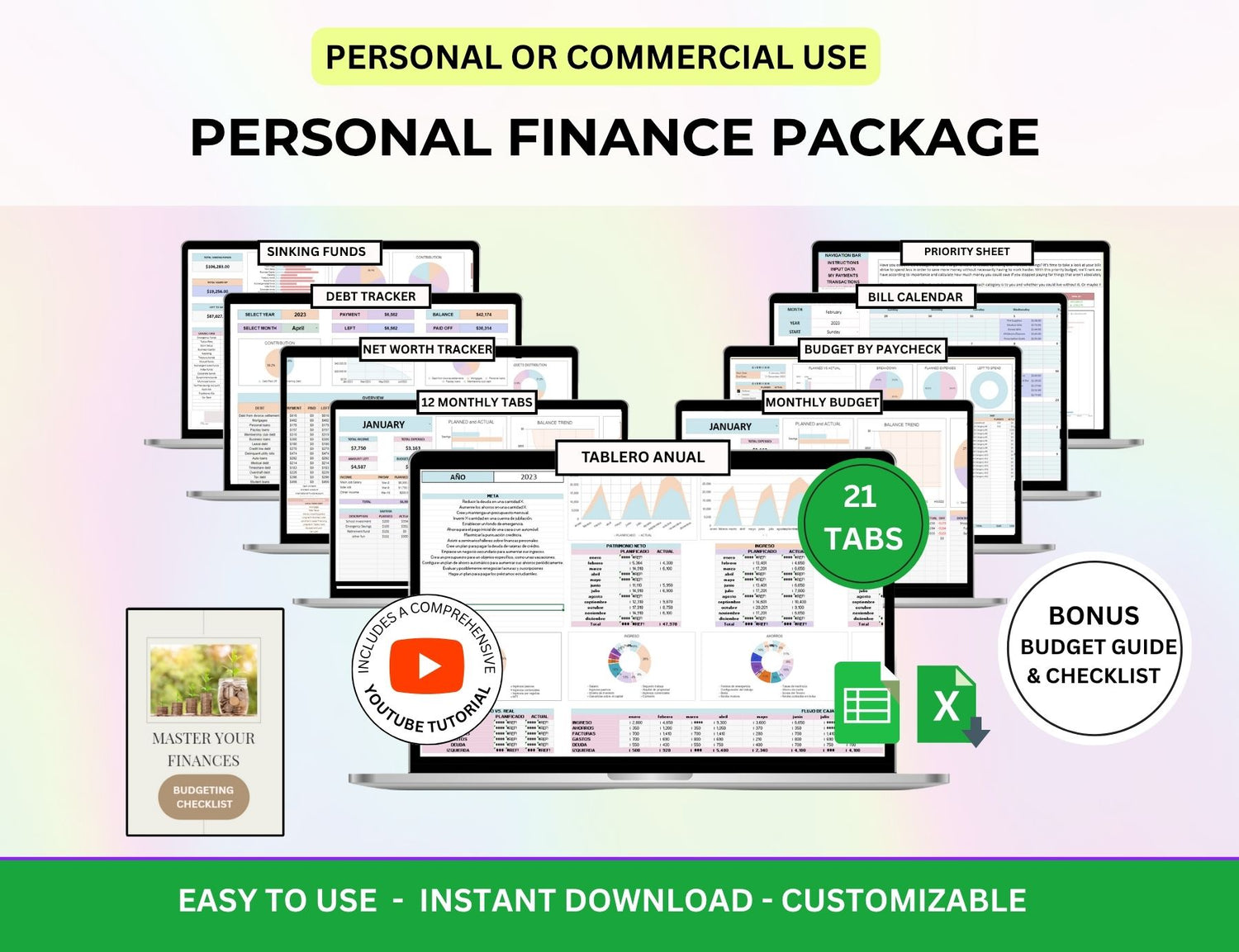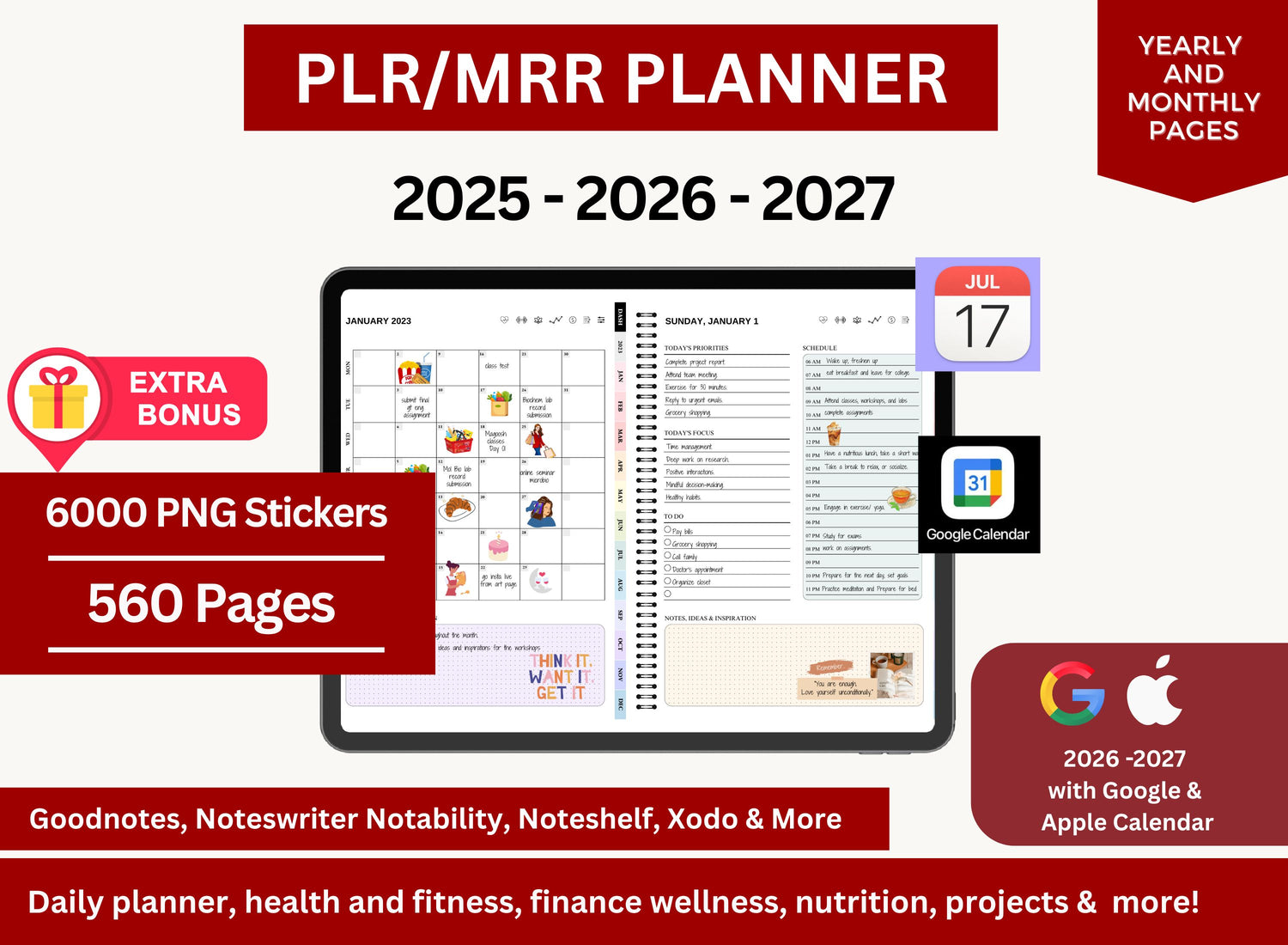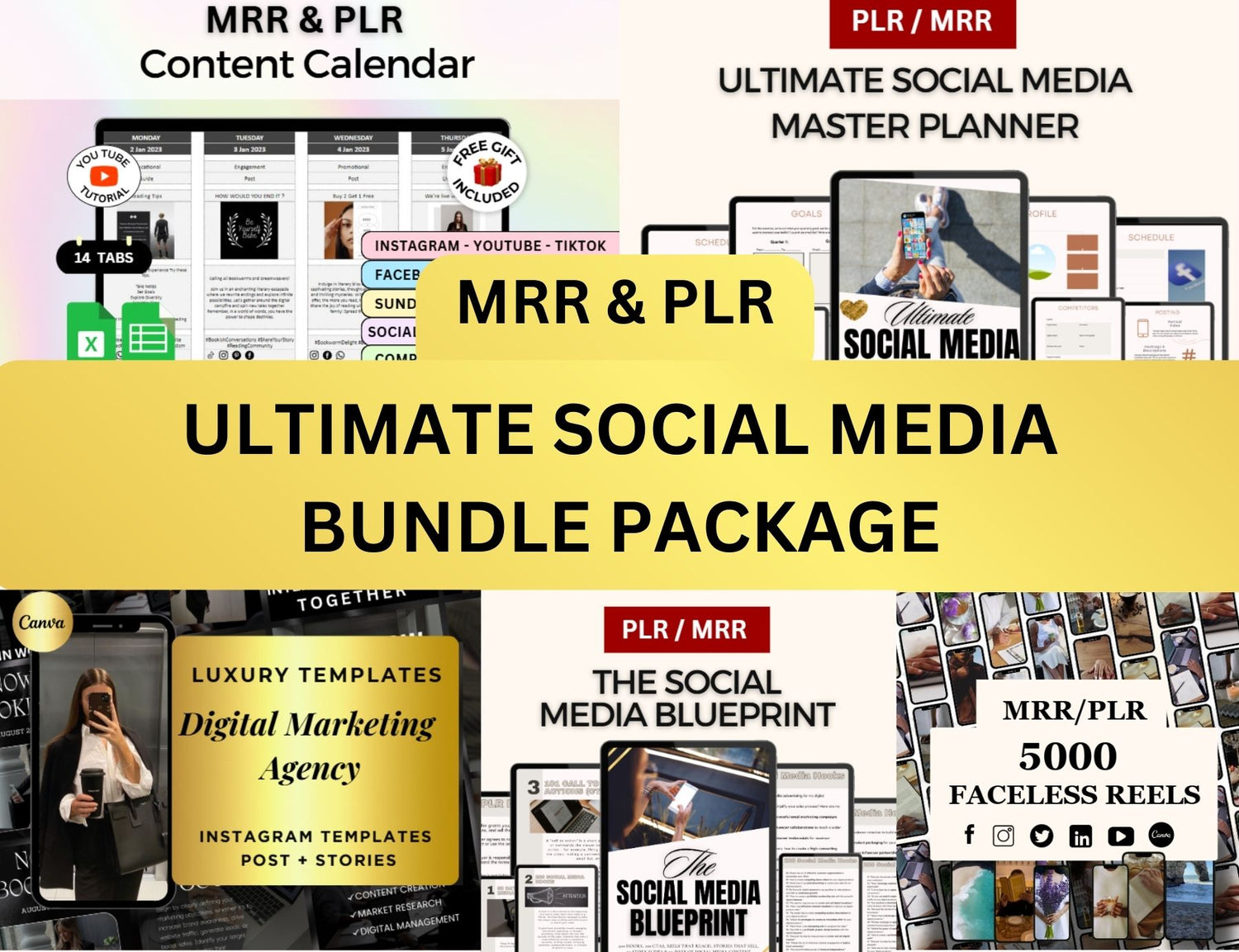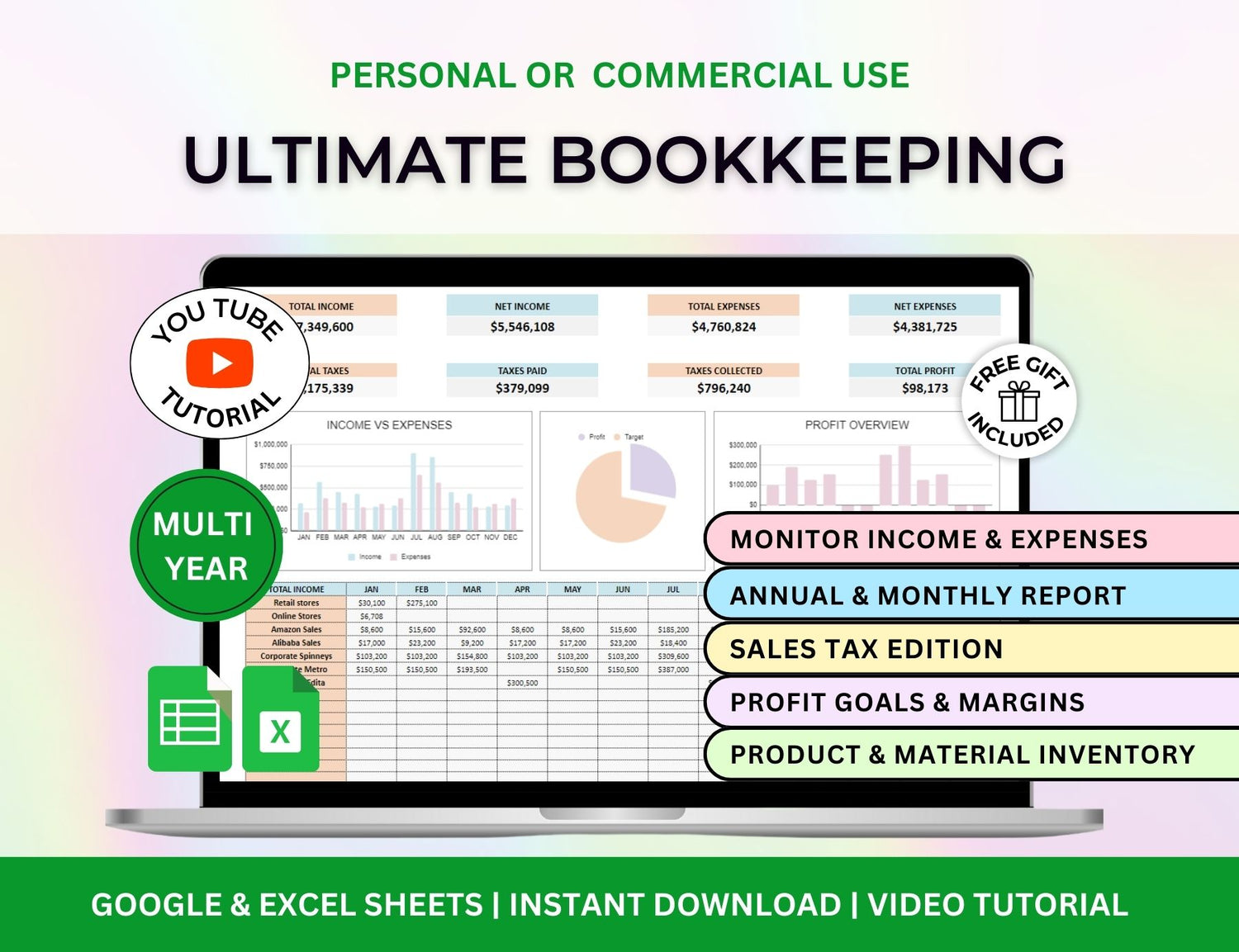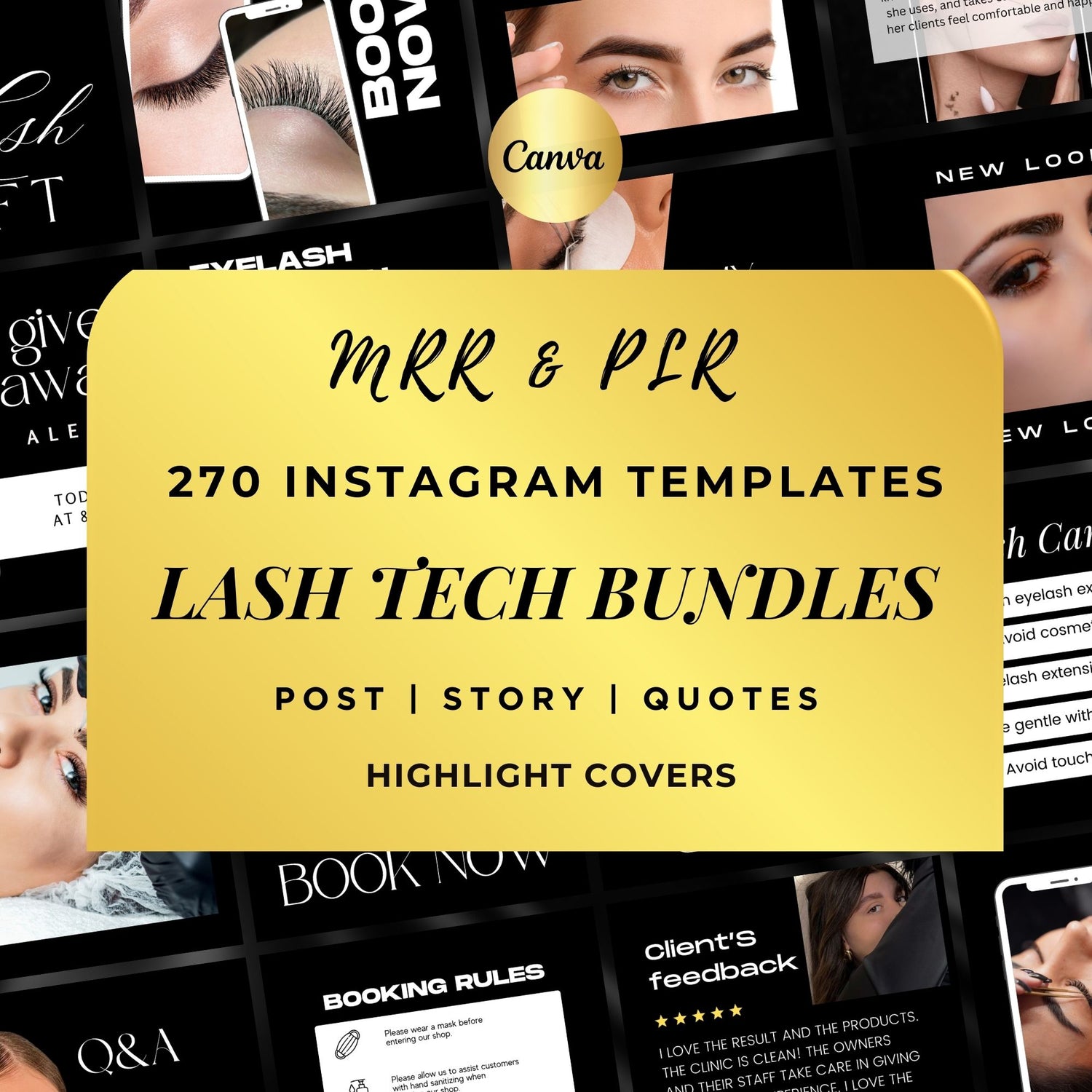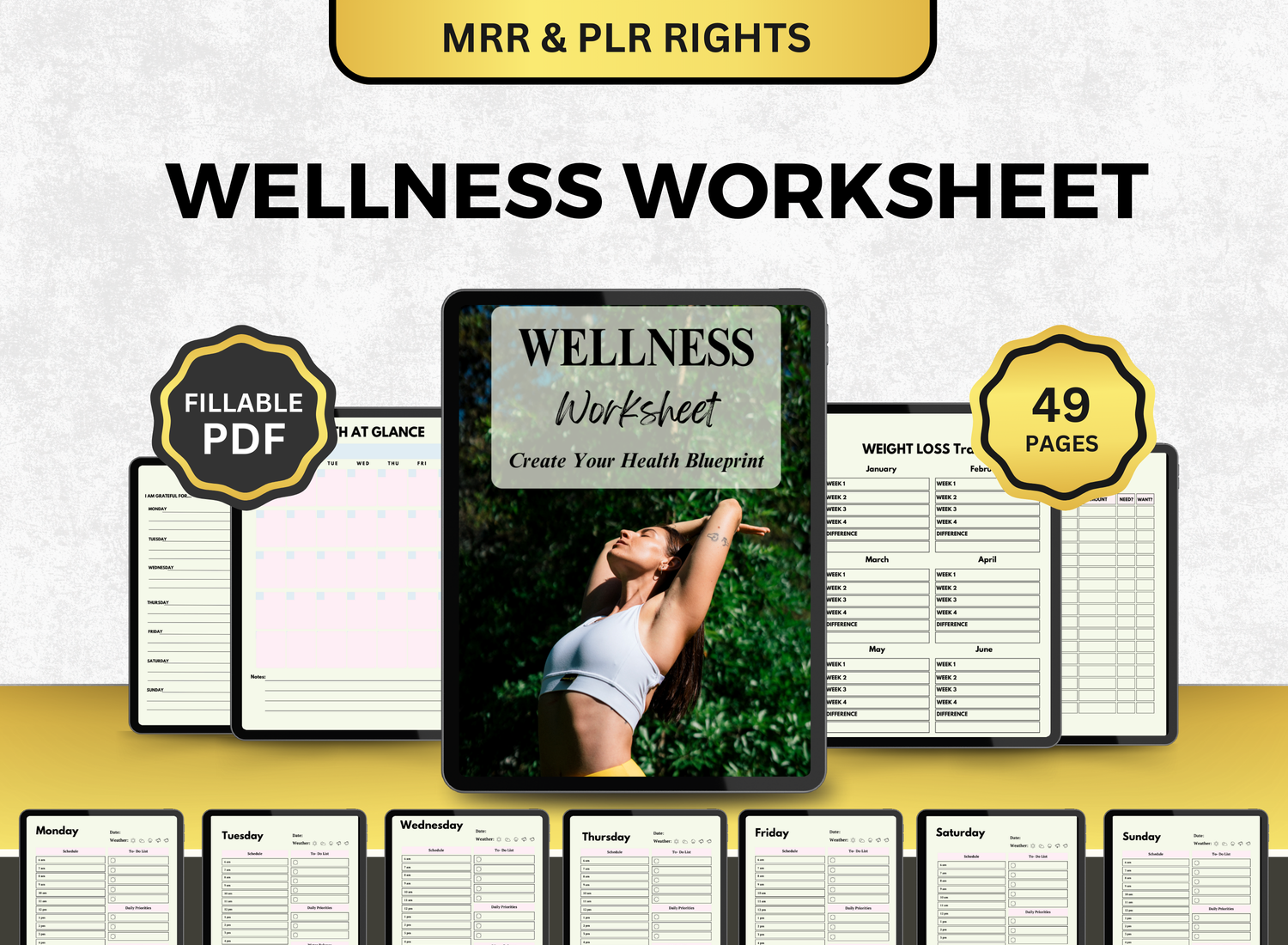Reading Used to Be Fun. Then It Wasn’t. Here’s What Helped Me Reconnect (No Pressure Involved)
There was a time, not too long ago, when reading felt like breathing. Natural. Easy. Something I did without thinking, without needing a reason. But somewhere between work emails, social media notifications, and that never-ending scroll of news updates, I stopped.
Not all at once. These things rarely happen all at once.
But one day, I noticed that I hadn't finished a book in months. I hadn’t even started one, really—not seriously. I had a few on my nightstand, sure. A couple were halfway open, like they were waiting for me to return. I didn’t.
And it wasn’t because I suddenly stopped loving books. It’s more complicated than that, and honestly, I still don’t fully understand it.
Reading had always been my thing. My quiet space. My way to decompress. So when it stopped being enjoyable—when it started to feel like another task I was failing at—I got nervous. A bit sad, too.
But the thing is, I eventually found my way back. Not with some grand plan or 30-day challenge. It was more like… a quiet drifting. A small shift. A rediscovery. And if you’re in that stuck place too, maybe this will help. Or maybe not. But it might.
Why Reading Matters (Even If You’ve Forgotten Why)
Let’s get something out of the way: this isn’t a lecture. I’m not here to convince you that reading is good for you like it’s a vitamin or a chore. But, well—reading is good for you. That much is true. And sometimes it helps to be reminded of that.
Studies have shown that reading helps with stress management. In fact, a study by the University of Sussex found that reading for just six minutes can reduce stress levels by up to 68%. (source)
It’s also been shown to improve memory, develop empathy, and increase focus and concentration. There’s even research that suggests regular readers sleep better. I mean, how many activities can you say that about?
Reading also helps expand vocabulary, not just for students, but for adults who want to keep their minds sharp. You pick up words without realizing it, especially when they’re woven into compelling narratives.
And it deepens emotional intelligence. The more stories you read, the more lives you live. The more perspectives you sit with. It’s powerful—quietly powerful, but still.
Still, knowing all that doesn't always make it easier to pick up a book. That’s where I struggled.
What Falling Out of Reading Feels Like
There was no dramatic moment. No decision to stop reading. Life just crept in.
First, it was deadlines. Then doomscrolling. Then Netflix. Then I started telling myself I didn’t have the energy, which wasn’t really a lie, but also not the full truth. And then came the guilt. Because when you’re someone who loves reading, not doing it makes you feel like you’re letting part of yourself down.
I kept buying books, hoping that one would spark something. I’d read the first few pages and feel… nothing. Not dislike, exactly. Just emptiness.
And weirdly, that was the worst part. I missed the joy, but I couldn’t force it.
What Actually Helped (Eventually)
Okay, so here’s the part where I don’t give you a step-by-step solution, because honestly, it was messier than that. It wasn’t linear.
But here are a few things that nudged me in the right direction.
1. I Let Go of the Guilt
This was harder than I expected. I had to stop thinking of reading as something I should do and remember that it was something I liked doing. That meant no reading goals, no book challenges, no pressure to finish anything.
I told myself it was okay if I only read a page. Or if I picked up a book and then changed my mind. That helped more than I thought it would.
2. I Re-read Something I Loved
For me, it was a battered copy of a fantasy novel I’d read when I was sixteen. The moment I opened it, the familiarity brought this strange mix of comfort and nostalgia. It didn’t matter that I knew what happened. I just needed the reminder that books could feel like that.
3. I Switched to Short Stories and Essays
Long books felt like too much. I didn’t have the attention span for them. But shorter pieces? They worked. I could finish something in one sitting, which gave me a sense of accomplishment.
That momentum, even small, matters.
4. I Started Writing About What I Read
Not reviews. Just thoughts. Reactions. Things that stuck with me.
I began using a reading journal—not anything fancy, just a place to jot down quotes or feelings or weird little questions that popped up. It became a way to slow down and really absorb what I was reading.
A reading journal is great for this. It gives you prompts and space to reflect, without making it feel like homework. If you’re trying to get into (or back into) reading, it might help. It helped me.
5. I Made Reading Part of a Ritual
This one’s subtle, but it worked. I made tea, turned on a small lamp, and read for just five minutes before bed. No screens. No distractions. Just a book and a warm drink.
Sometimes I stopped after those five minutes. Sometimes I kept going. But either way, it started to feel like something I looked forward to again.
Why a Reading Journal Actually Matters
I didn’t think it would make a difference, honestly. I’ve never been one of those people who keeps journals for everything.
But writing things down after reading? It grounded the experience. It slowed it down.
I started noticing patterns in what I enjoyed. I realized I liked character-driven stories more than plot-heavy ones. I learned that I was more likely to finish a book if I started tracking my reading.
That kind of self-awareness made me a better reader. Or maybe just a more intentional one.
This digital reading journal helped with that. It offered just enough structure to keep me engaged, but enough freedom that it didn’t feel restrictive.
A Few Final Thoughts (Messy, Like the Process)
I’d like to say I’m back to reading five books a month. I’m not.
Some weeks I read every day. Some weeks I forget where I left my book. It’s not perfect. But I’m okay with that now.
What matters is that reading doesn’t feel like a stranger anymore. It feels like a quiet friend I can return to whenever I need.
If you’re in a slump, I hope this gives you permission to take it slow. You don’t have to prove anything. You don’t have to finish anything. Just start where you are.
Even a few pages can make a difference.
Sources & Additional Reading:
- Healthline – Benefits of Reading
- Calm Blog – 6 Benefits of Reading for Mental Health
- Markham Public Library – Top 10 Benefits of Reading
- 21K School – Benefits of Reading for Students
- The A Magazine – Breaking the Slump
- Cornerstone University – How Reading Can Change Your Life
- The Pen Company – Keeping a Reading Journal



